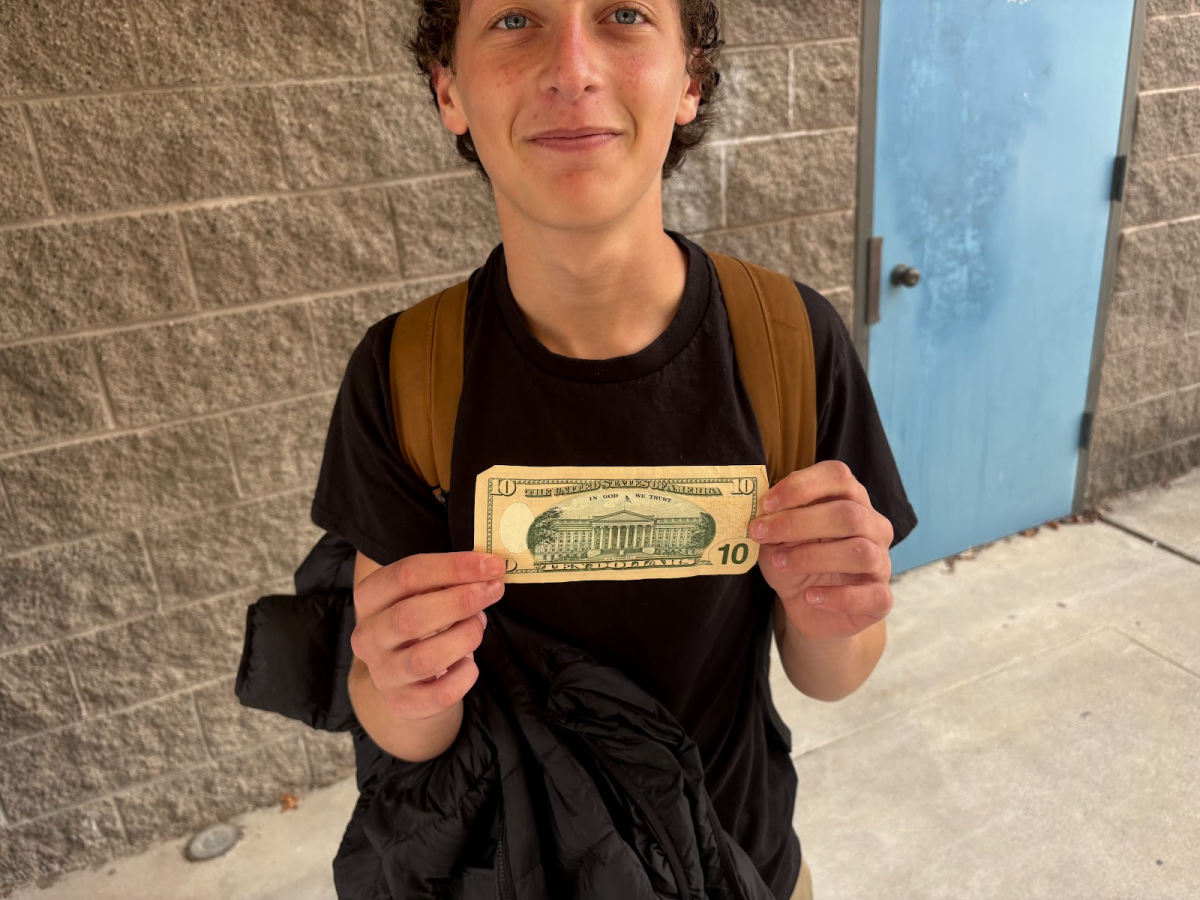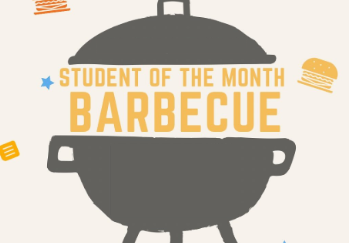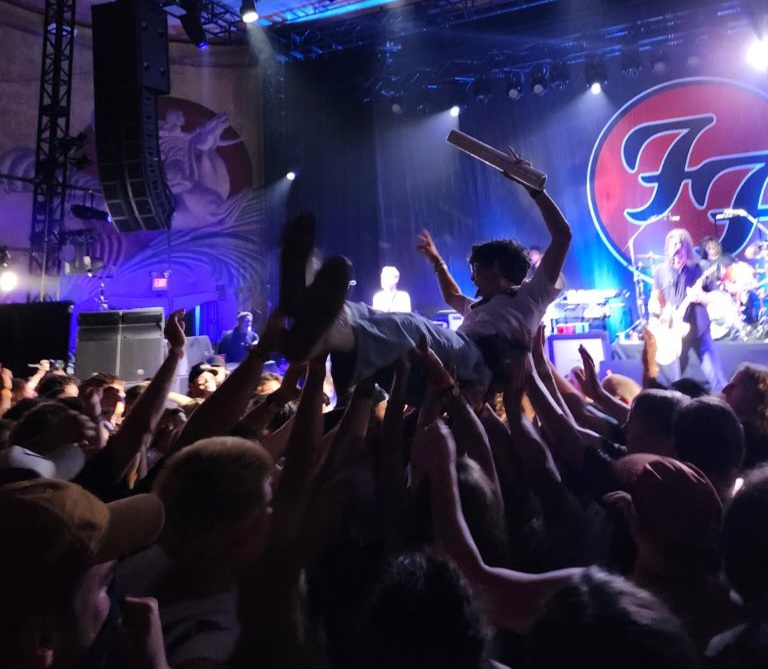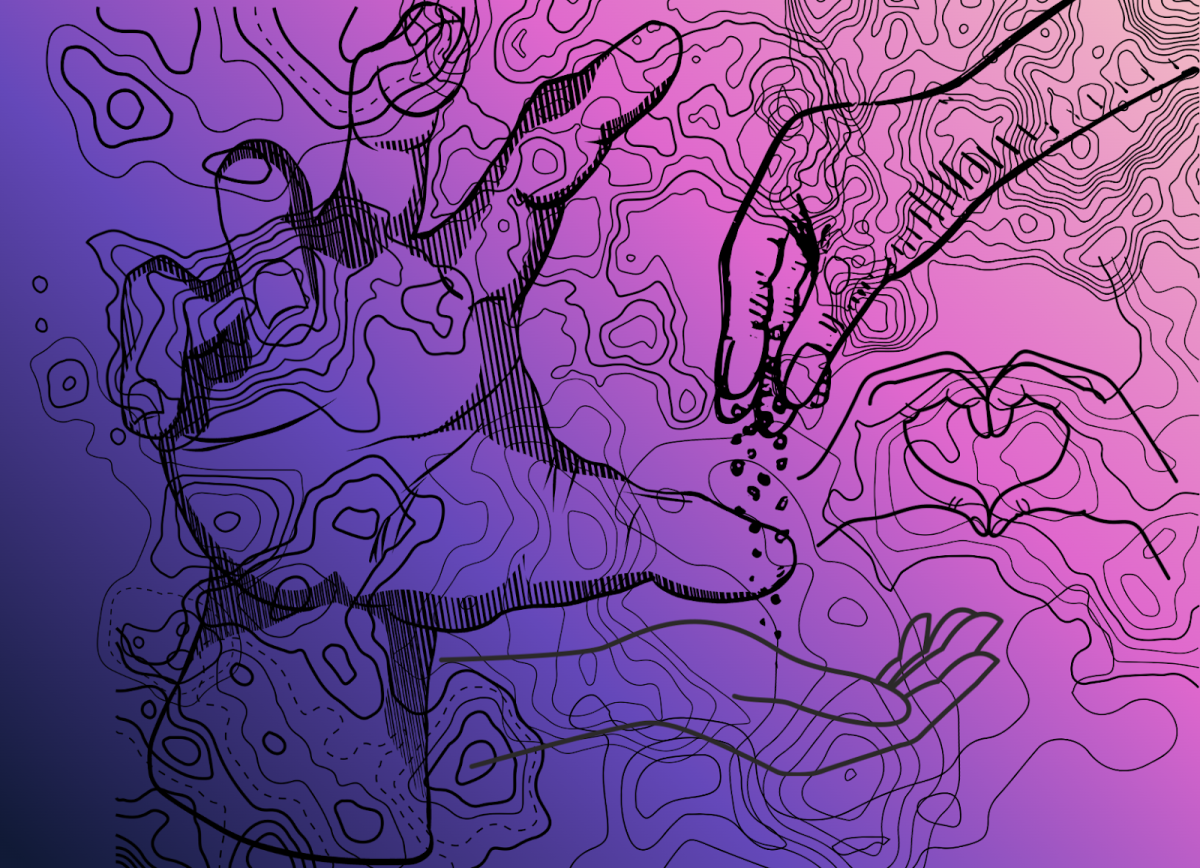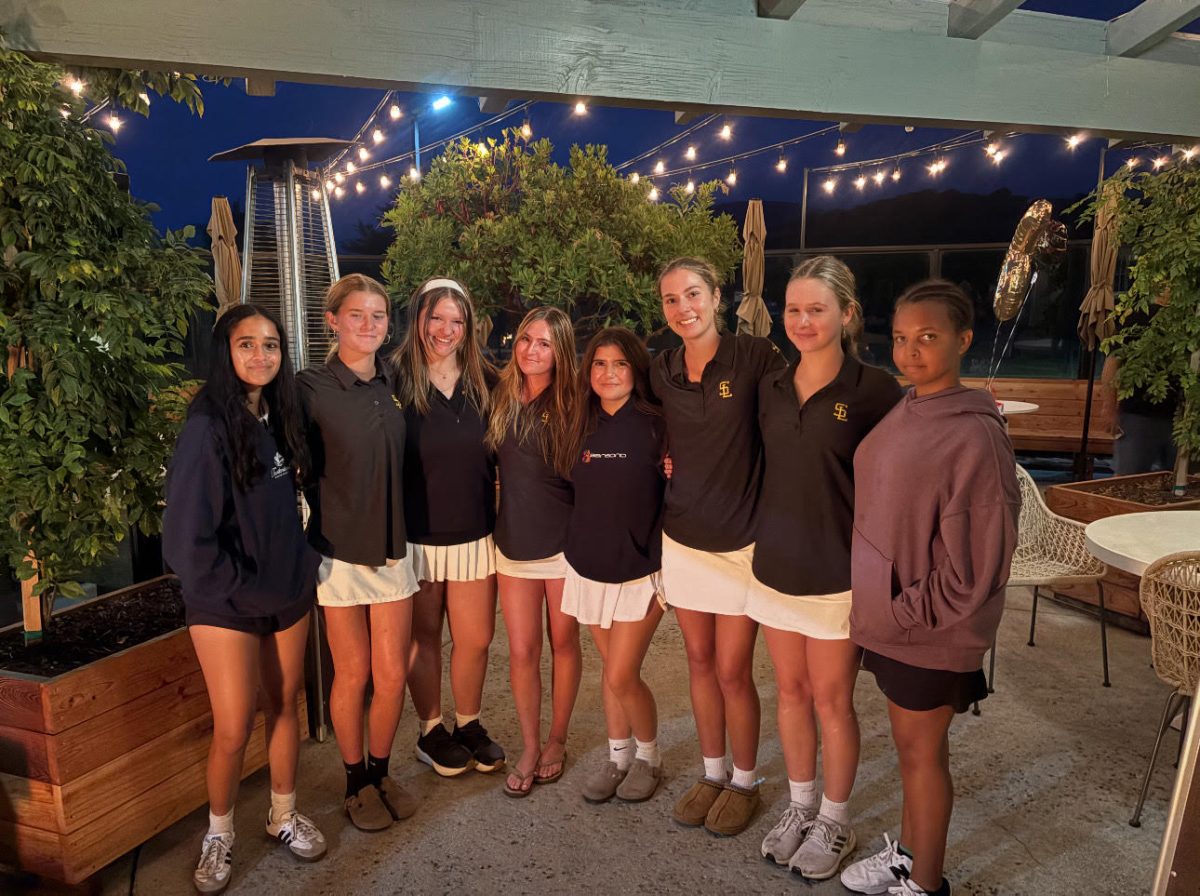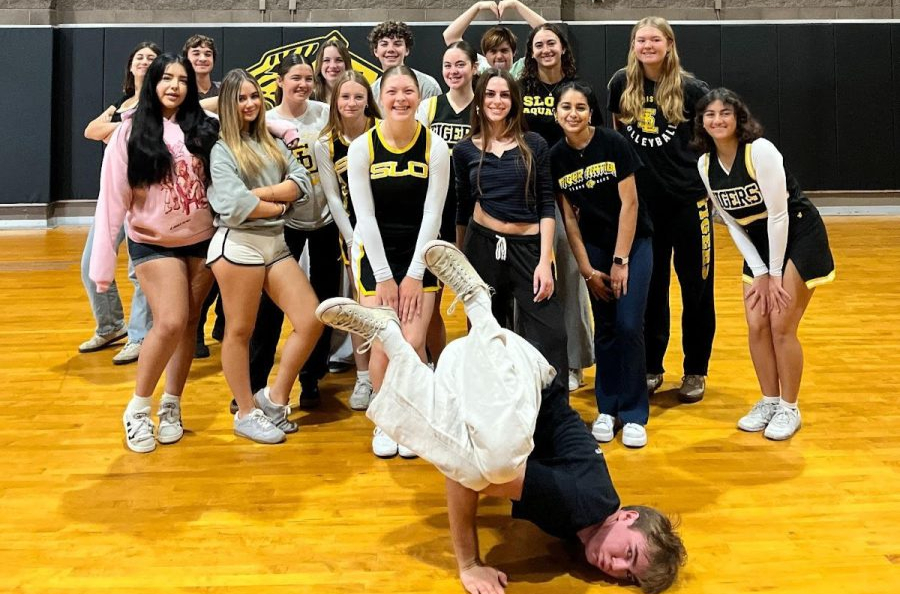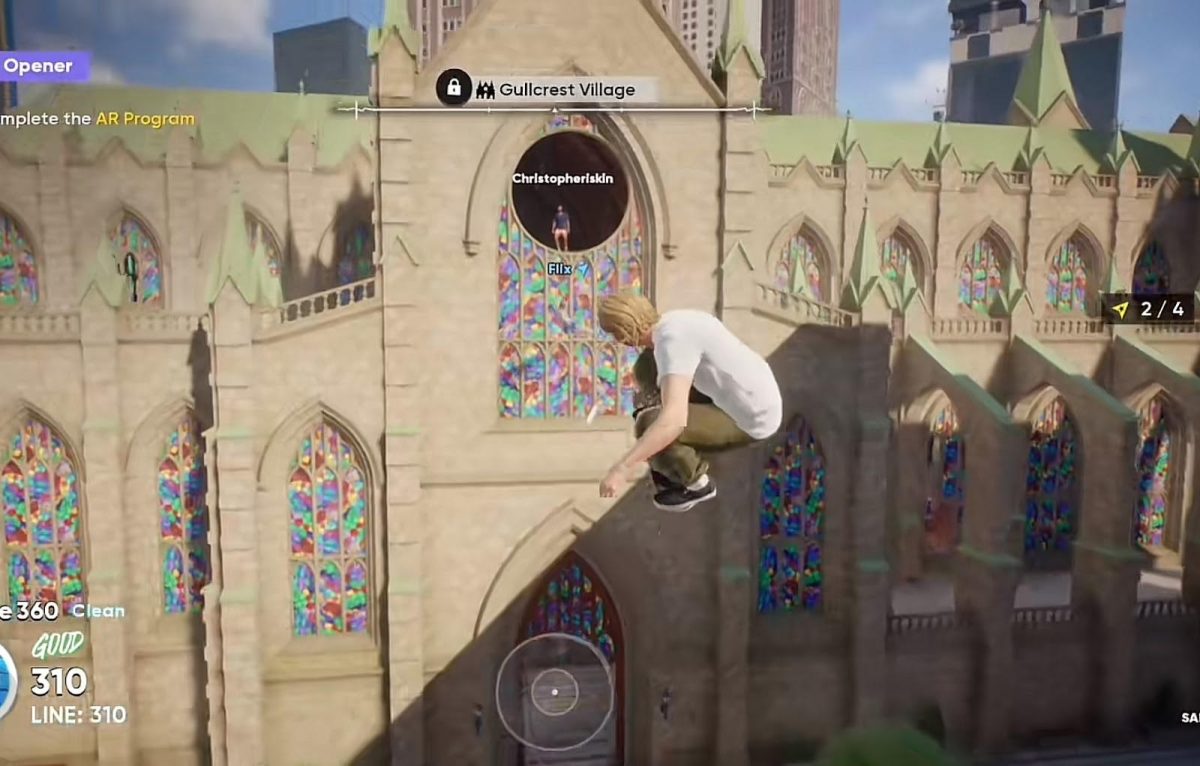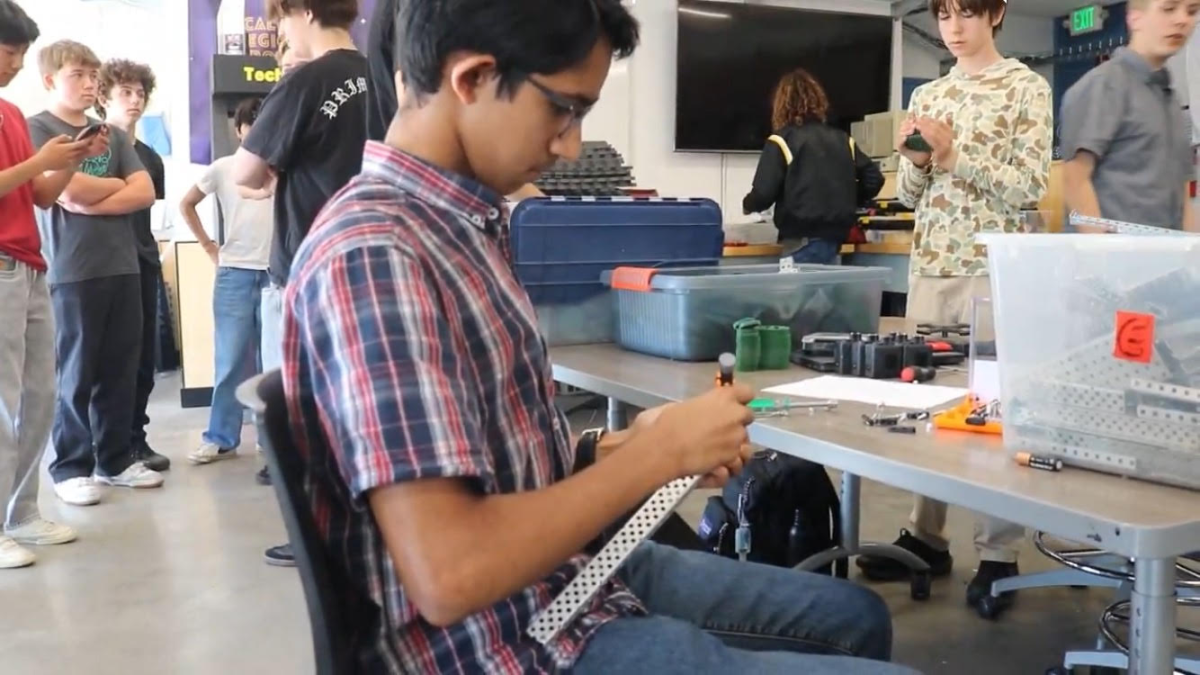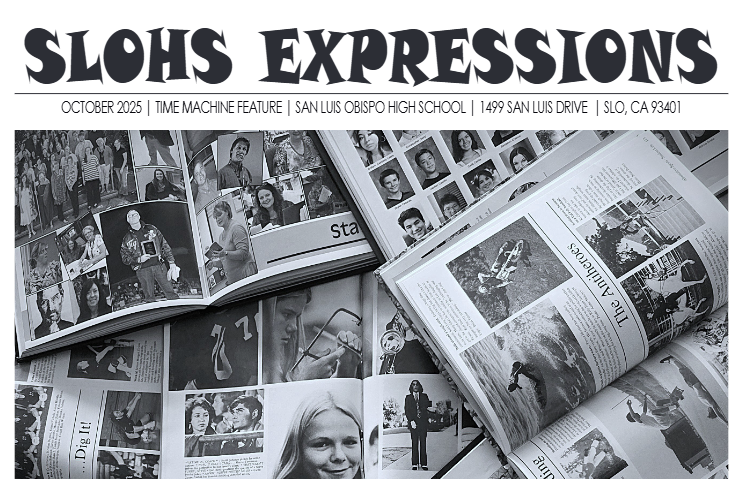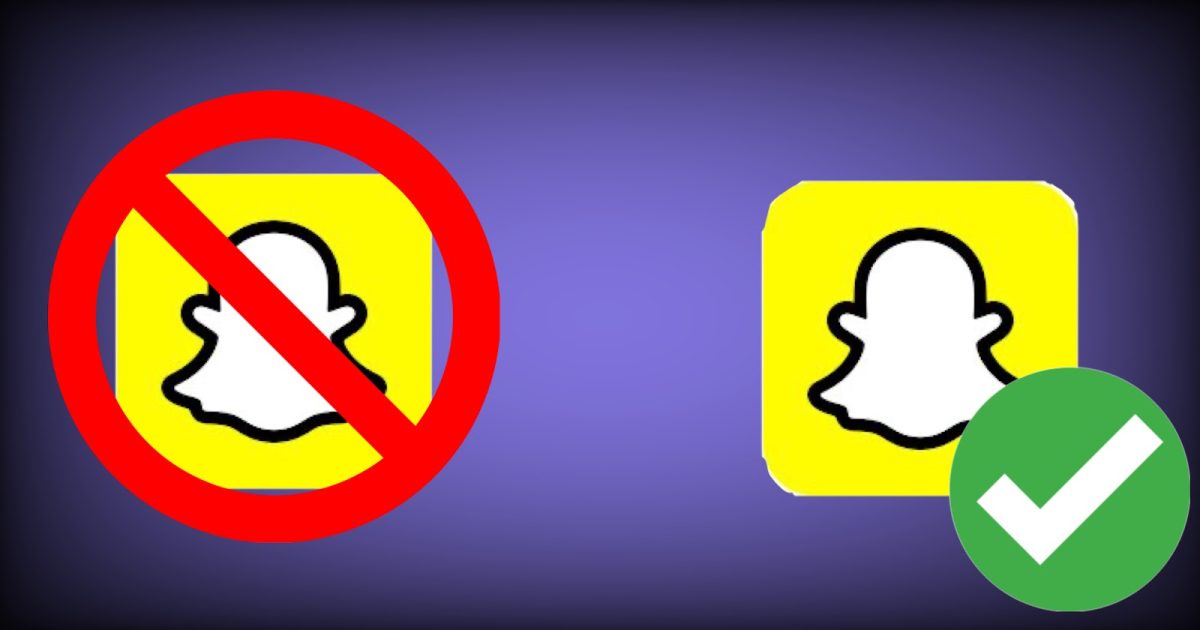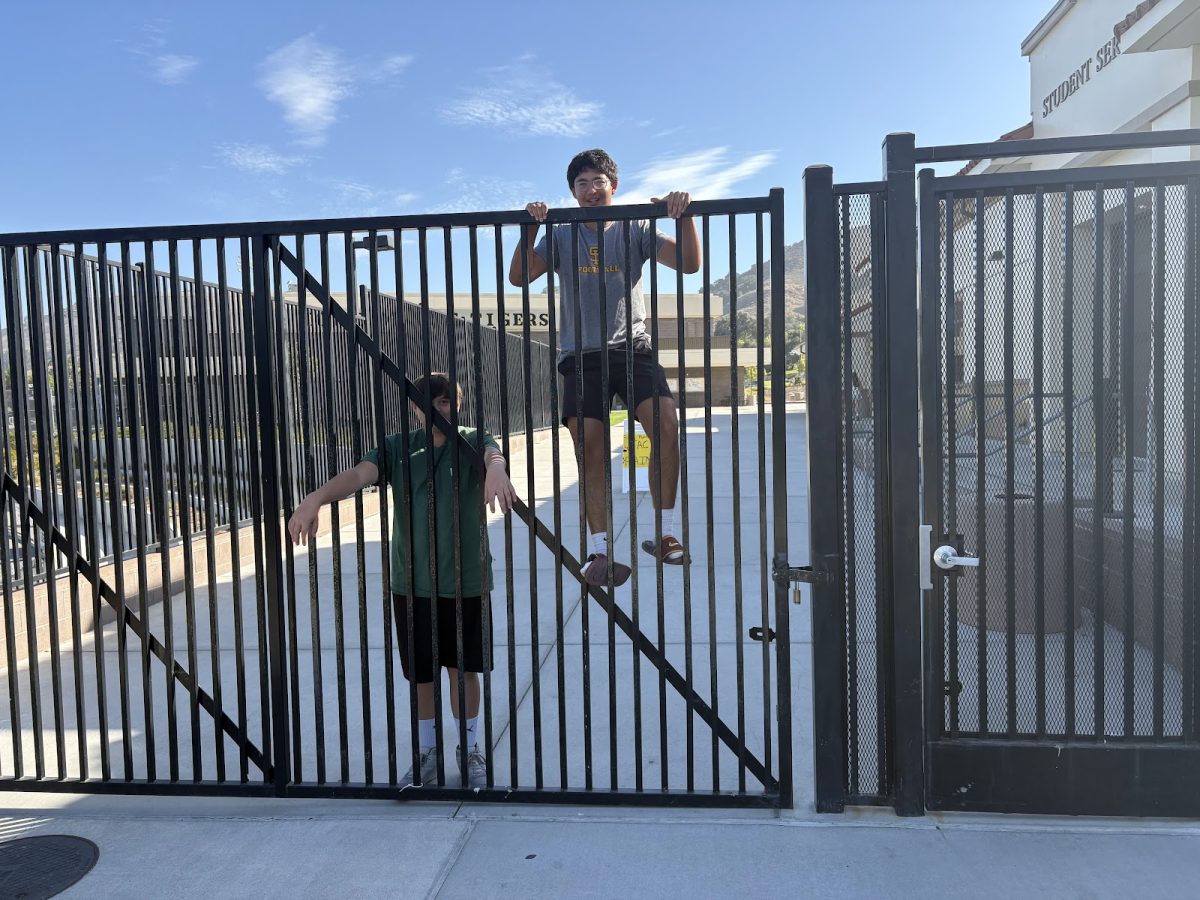Is Snapchat rejected or accepted? Photo graphic courtesy of sophomore Sophia Chaves.
On September 16, 2011, Snap Inc. was founded by Stanford graduates Evan Spiegel, Bobby Murphy and Reggie Brown. Since it’s release, Snapchat has transformed from a simple photo-sharing app into a major force shaping modern communication.
What started as a way to send disappearing selfies has evolved into a platform that has redefined how people, especially younger generations, connect and express themselves in the digital world.
“I don’t have Snapchat, but I kind of wish I did. All of my friends use it, and it’s sort of a hassle to get everyone’s phone number,” said sophomore Addison Hopple.
One of Snapchat’s biggest innovations was the idea of “ephemeral messaging”—messages that delete after being viewed. Before Snapchat, most digital communication was permanent, but Snapchat flipped the idea on its head by making messages temporary. This encourages more casual, in-the-moment interactions.
“I just text my friends on Snapchat and instead of messages now because it’s just like, easier, more simple. And all my friends have snapchat. And, you know, it’s just like goofy photos and pictures to everyone,” said sophomore Kelton Sullivan.
Snapchat’s popularity has skyrocketed, being a very common application on Generation Z’s Iphones. Almost everyone has this app, creating a community among those who have it. Whether it’s just keeping streaks, infamous group chats, or chatting until midnight, Snapchat has influenced the way people communicate.
On the other hand many point at how Snapchat can create stress, instead of being a carefree form of social media.
“I hate using snapchat, I feel the pressure of having to keep my streaks, especially my 1000 day streak with Lyla Baird. It’s honestly created communication barriers between those who use it,” said sophomore Kandon Sullivan.
Users can see when someone is online, their locations, and can check Snap Scores to see if they have been communicating with others.
“I have a Snapchat premium, and I don’t think it’s a waste of money. It’s super cheap, I can see half-swiping, and my place on other people’s best friends lists,” said sophomore Kelton Sullivan.
This viewpoint reveals an entire culture behind Snapchat and it’s users. It’s incredible that an app has fostered an entire culture, community, and customs.
Whether you love it or loathe it, one thing is for certain: Snapchat isn’t just an app anymore. It’s a culture, and for better or worse, it’s here to stay.

